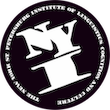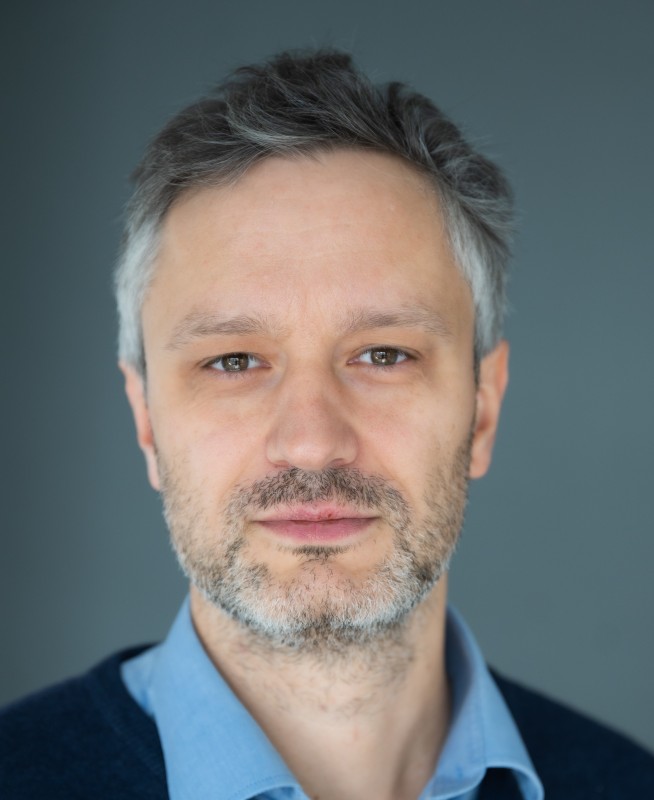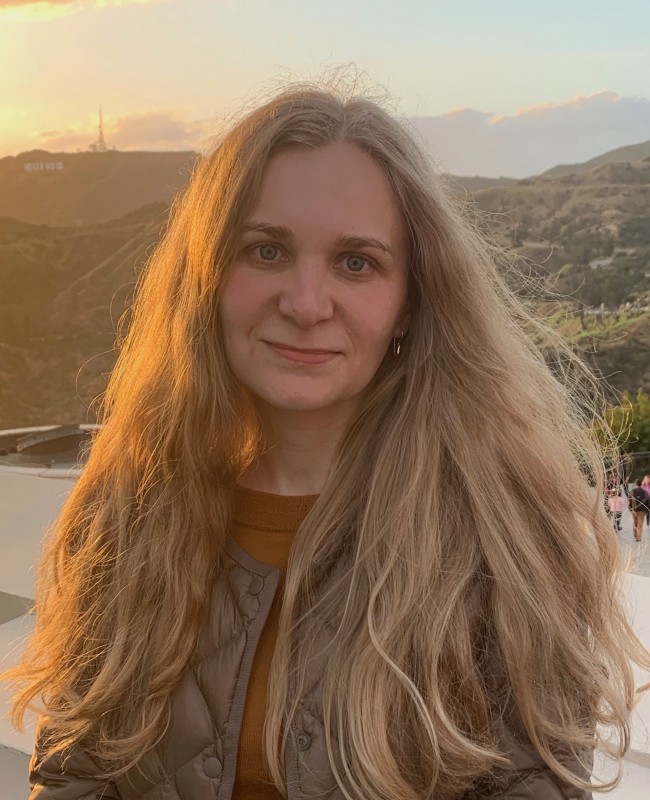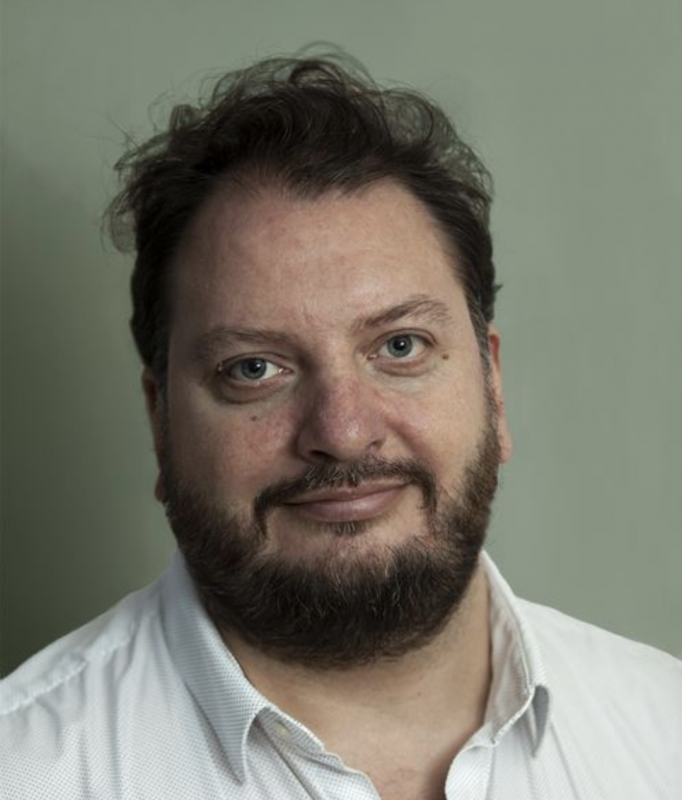Seminar: Ling K: Puzzles in Semantics (advanced)
Puzzle 1 (Petr Kusliy, Ekaterina Vostrikova):
In the first part of our class (3 classes), we'll explore a puzzle related to the use of the past tense with stative verbs. In many languages, using a stative verb in the past tense implies that the state no longer holds in the present, a phenomenon known as 'cessation inference'. For example, in English, the sentence 'John was sick' suggests that John is no longer sick. However, this inference can be easily canceled in English: 'John was sick, and he is still sick.' In contrast, in some languages, such as Tlingit, an equivalent statement sounds contradictory. The current debate in the literature is focused on whether this inference is pragmatic or semantic in nature. Our key question will be: What causes this variation among languages? If time allows, we will also delve into cessation inferences within embedded clauses and examine their connection to the availability of simultaneous readings in past-under-past constructions crosslinguistically.
Puzzle 2 (Hedde Zeijlstra):
The second part of the class (the last two classes) will deal with Universal paradigmatic gaps. Universal paradigmatic gaps are gaps in linguistic paradigms that appear across languages and across users of a given language. As of yet, only very few gaps of this kind have been discussed in the literature. The one gap that has received substantial discussion concerns the universal absence of a lexicalized negated form for the quantifiers all, every or




